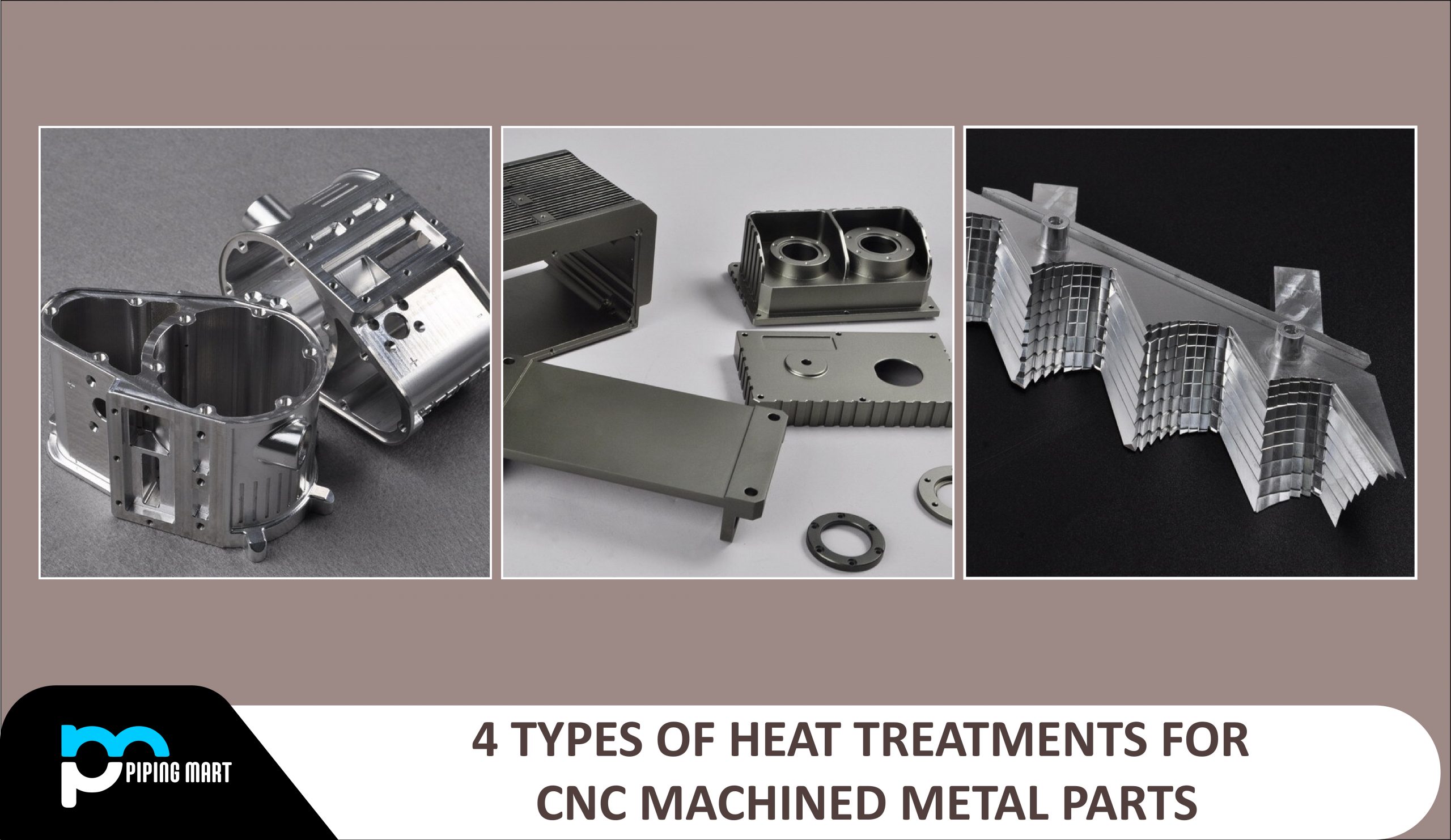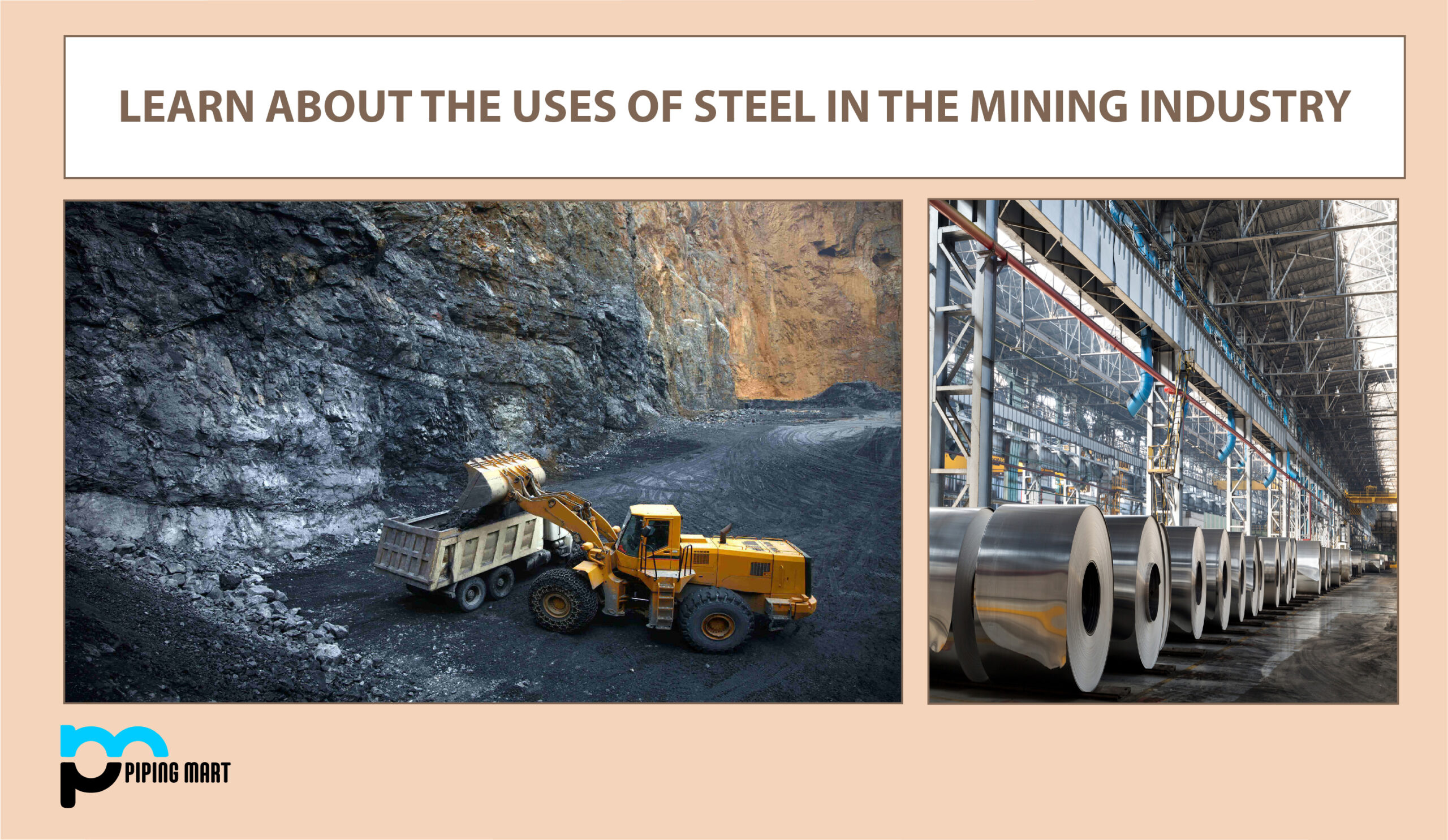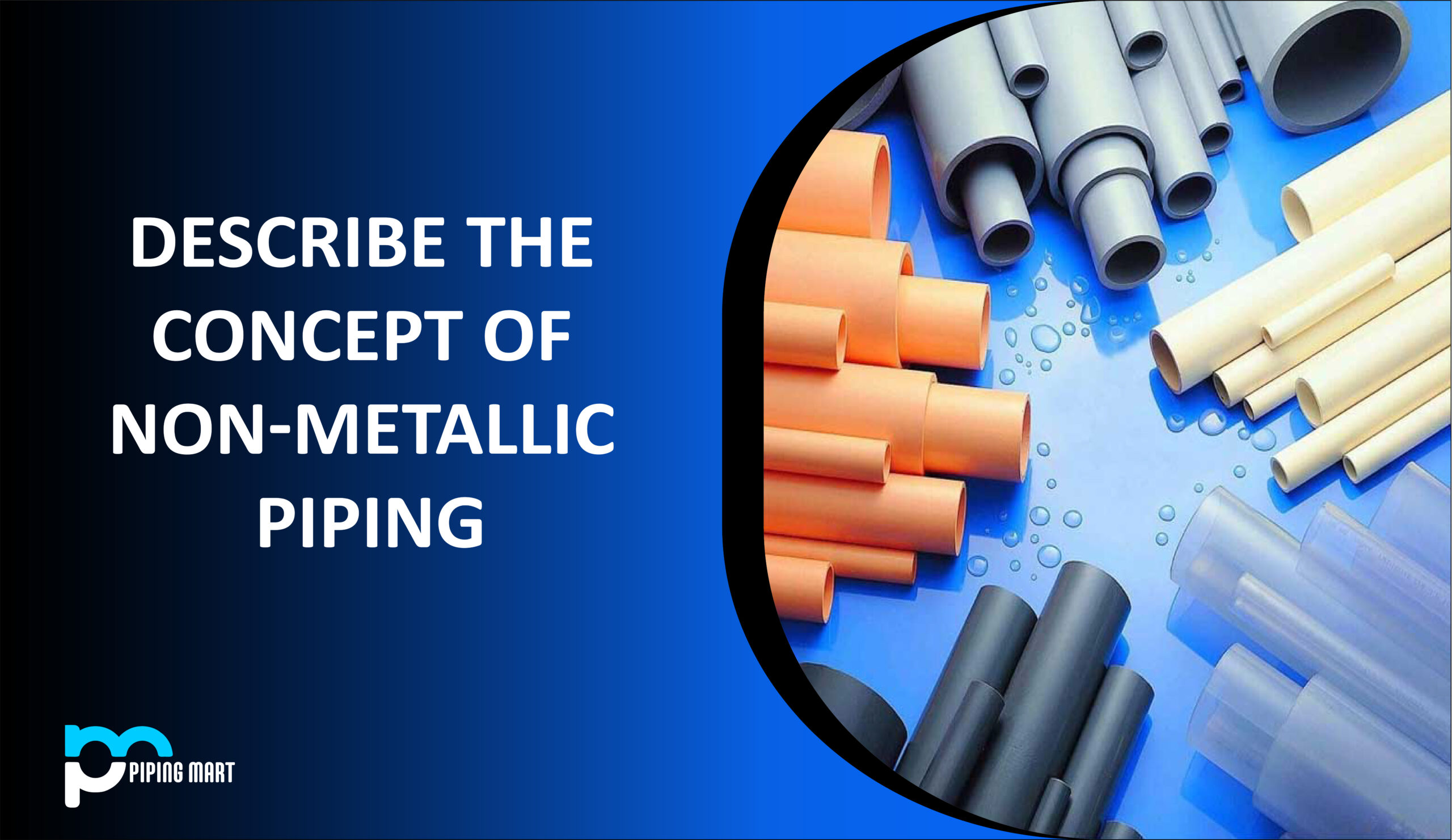Whether you are machining an engine component, pistol or rifle stock, or some other metal item, several different heat treatment options are available according to the metal for machining. You must choose the type of treatment that will give your CNC metal parts the best results possible. That is why you need to know the most important types of heat treatments for CNC machined Metal Parts.
Here are four common types of heat treatments used for CNC machines metal parts manufacturing
-
Case Hardening
Case hardening is a heat treatment that makes the outer layer of a metal part harder than its core. This process works by immersing the metal in a carbon-rich substance bath and heating the surface, which causes it to react with carbon and nitrogen compounds.
When this happens, the surface becomes much more complex and robust, resistant to wear and tear while maintaining some flexibility of high precision CNC machining metal parts. It makes the surface of a metal part more durable and harder than the core. This treatment is often used on firearms, engine shafts, and other tools that will be subjected to wear and tear during use.
The overall process of Case Hardening involves heating the metal to a specific temperature, then quenching it in Carbon mixed substance. This process may be used for small or large CNC machines’ metal parts, depending on the desired result and the type of material used during machining. Case hardening can also improve wear and corrosion resistance and increase strength in some instances. Besides, case hardening is the most common heat treatment practised in CNC machining metal parts factories.
-
Annealing
Annealing is another standard process used in metal machining. It involves heating the material until it reaches a specific temperature, then letting it cool down slowly to prevent warping or cracking while cooling. This can be done either in an oven or on a furnace burner. This process can be used on various metals, including tools and stainless steel.
Annealing aims to reduce the internal stresses in high-precision CNC machining metal parts. This allows it to be more easily machined and improves its ductility, making it less likely to crack or break during use.
Besides, Annealing is a critical step in making metal parts as solid and durable as possible. Without Annealing, metal parts can easily break or warp during use. According to most CNC machining metal parts factories, it is used for both small and large pieces and can be performed on either CNC lathes or manual lathes.
-
Normalizing
Normalizing is the process of heating metal fabrication CNC machining parts up to their recrystallization temperature and then cooling them down slowly. This allows any impurities or inclusions in the metal to be forced out, which makes it purer.
So, Normalizing is a process that increases the hardness of metal without making it brittle. It is also used to increase a metal’s ductility and tensile strength. Normalizing is often performed after hardening but can also be done alone. The purpose of normalizing is to reduce internal stresses in metal by heating it and cooling it down slowly, allowing the carbon atoms to realign themselves into an orderly structure.
Normalizing heat treatment increases the hardness of steel without making it brittle. Besides, it is also used to increase a metal’s ductility and tensile strength. And the purpose of normalizing is to reduce internal stresses in metal by heating it and cooling it down slowly, allowing the carbon atoms to realign themselves into an orderly structure.
-
Tempering
Tempering is the process of heating and cooling steel to achieve the desired properties. The purpose of tempering is to increase a metal’s hardness while retaining a reasonable amount of toughness. This heat treatment increases the hardness of steel without making it brittle.
It is a heat treatment process that involves heating the metal fabrication CNC machining parts to a specific temperature, cooling it down to a particular rate, and then heating it again. This process results in a significant reduction of hardness and strength while increasing ductility. The reason why we temper metal is because it improves its mechanical properties.
How to Choose the Right Heat Treatments for CNC Machined Metal Parts?
CNC machined metal parts can be heat treated in a variety of ways. Each type of treatment has its advantages and disadvantages, which makes it essential for you to choose the right one. Here are some things to consider:
What type of metal do you need to treat?
The type of metal for machining will affect the best way to heat treat it. For example, some metals need to be quenched or tempered after they are hardened through austenitizing. On the other hand, other types of metals can be hardened without additional steps.
What are the mechanical properties that you want it to have?
The mechanical properties you want your metal for machining to have will also affect the best heat treatment. For example, the quenching process may be more suitable for you if you need a highly resistant metal to wear and tear. On the other hand, tempering may be a better option if your metal needs to be flexible enough for specific applications.
For what purpose will this metal be used?
The final use of your metal for machining will also affect which heat treatment you choose. For example, the quenching process may be more suitable for you if you need a highly resistant metal to wear and tear. On the other hand, tempering may be a better option if your metal needs to be flexible enough for specific applications.
Conclusion
So these are the four most important types of heat treatments for CNC metal parts. As you can see, each process has its benefits and drawbacks. The most suitable option for your part will depend on the metal for machining itself, how much time and money you want to treat it, and what it will be used for. If you are interested in manufacturing your metal for machining parts, you must understand the difference between these heat treatments.

Pipingmart is B2B portal specializes in industrial, metal and piping products. Also, share latest information and news related to products, materials and different types grades to help business dealing in this industry.




